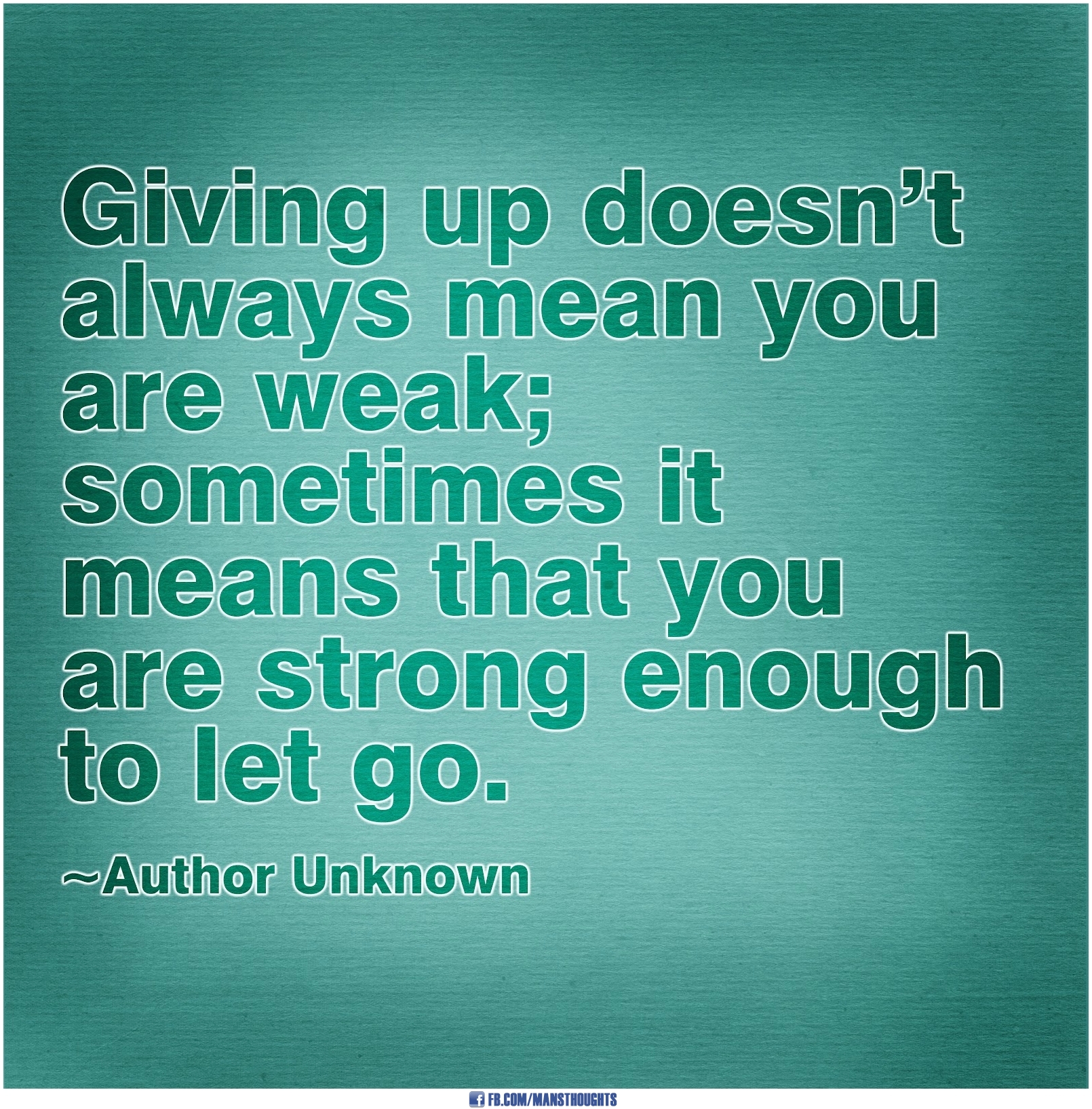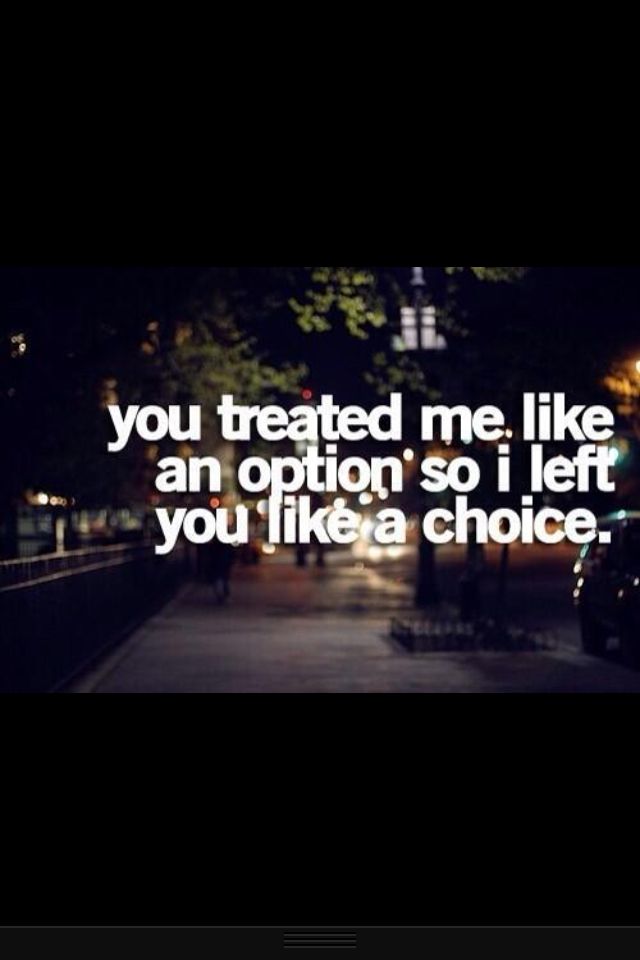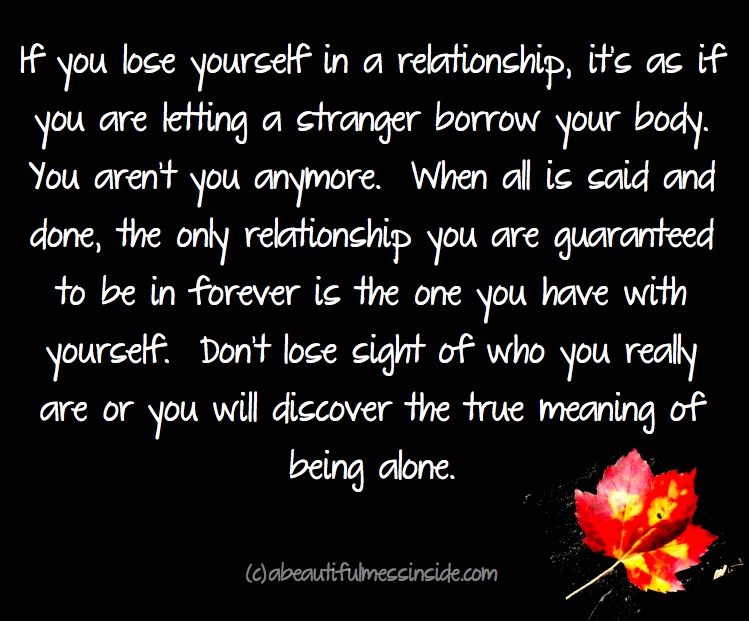Relationships are one of the most important aspects of life, shaping our emotional well-being and personal growth. However, not all quotes about relationships provide constructive advice or insights. In fact, some bad quotes about relationships can perpetuate harmful ideas and behaviors that hinder healthy connections. By identifying and analyzing these problematic statements, we can better understand how to foster meaningful and positive relationships.
Many people turn to relationship quotes for guidance, inspiration, or validation in their romantic lives. While some quotes offer wisdom, others promote unhealthy dynamics, unrealistic expectations, or even toxic behaviors. Recognizing these harmful narratives is essential to building strong, respectful, and supportive relationships.
In this article, we will explore bad quotes about relationships, their implications, and how to replace them with healthier perspectives. Whether you're in a long-term partnership or just starting to navigate the world of dating, this guide will provide valuable insights into recognizing and avoiding toxic relationship patterns.
Read also:Planet Fitness Tricep Machines Your Ultimate Guide To Building Stronger Arms
Table of Contents
- Understanding Bad Quotes About Relationships
- Common Examples of Bad Quotes About Relationships
- The Biological Perspective on Relationship Dynamics
- Psychological Effects of Toxic Relationship Narratives
- Identifying Relationship Toxicity Through Quotes
- Replacing Bad Quotes with Healthy Relationship Advice
- Long-Term Effects of Bad Relationship Narratives
- Cultural Influence on Relationship Quotes
- Overcoming Toxicity in Relationships
- Final Thoughts on Building Healthy Connections
Understanding Bad Quotes About Relationships
Bad quotes about relationships often reflect unhealthy dynamics or unrealistic expectations. These phrases can subtly promote harmful behaviors, such as possessiveness, jealousy, or codependency. While some may seem romantic at first glance, they often mask deeper issues that can damage relationships over time.
For example, quotes like "If you love someone, you should sacrifice everything for them" may sound noble but can lead to imbalance and resentment in a partnership. Understanding the nuances of these statements is crucial for developing healthier relationship habits.
Why Do Bad Quotes Spread?
- They resonate with people's emotional vulnerabilities.
- They are often romanticized in media and literature.
- They can provide temporary validation for unhealthy behaviors.
Common Examples of Bad Quotes About Relationships
Let's examine some of the most common bad quotes about relationships and why they can be problematic:
- "Love means never having to say you're sorry." - This implies that accountability is unnecessary in a healthy relationship.
- "If you truly love someone, you should never let them go." - This can promote clinginess and possessive behavior.
- "You complete me." - While popularized by movies, this suggests that one partner cannot be whole without the other.
Breaking Down the Harmful Messages
Each of these quotes promotes unhealthy relationship dynamics. By analyzing their underlying messages, we can better understand why they are detrimental to building strong, independent partnerships.
The Biological Perspective on Relationship Dynamics
From a biological standpoint, relationships involve complex emotional and neurological processes. Oxytocin, often referred to as the "love hormone," plays a significant role in bonding and attachment. However, unhealthy relationship dynamics can disrupt these natural processes, leading to stress, anxiety, or even depression.
According to a study published in the Journal of Social and Personal Relationships, toxic relationship patterns can negatively impact mental health and overall well-being. Recognizing the biological effects of unhealthy dynamics is essential for fostering healthier connections.
Read also:C Thomas Howell Movies And Tv Shows A Comprehensive Guide
Psychological Effects of Toxic Relationship Narratives
Toxic relationship narratives perpetuated by bad quotes can have lasting psychological effects. They often reinforce negative self-perceptions, lower self-esteem, and contribute to anxiety or depression. For example, phrases like "Love conquers all" can create unrealistic expectations, leading to disappointment and frustration in real-life relationships.
Signs of Emotional Distress
- Feeling constantly anxious about your partner's approval.
- Experiencing low self-worth due to relationship dynamics.
- Feeling trapped or unable to express your true feelings.
Identifying Relationship Toxicity Through Quotes
Bad quotes about relationships often serve as red flags for toxicity. By recognizing these warning signs, individuals can take steps to improve or exit unhealthy partnerships. For example, phrases like "If you really loved me, you would do this" can indicate manipulation or emotional coercion.
Common Signs of Toxic Relationships
- Constant criticism or belittling.
- Controlling behaviors or possessiveness.
- Lack of mutual respect or communication.
Replacing Bad Quotes with Healthy Relationship Advice
Instead of focusing on bad quotes about relationships, it's important to seek out healthier perspectives. Positive relationship advice emphasizes mutual respect, open communication, and emotional independence. For example, phrases like "Love means supporting each other's growth" or "Healthy relationships involve boundaries and respect" promote more constructive dynamics.
Examples of Healthy Relationship Quotes
- "A successful relationship is about two people growing together while still growing individually."
- "Love is not about possession; it's about appreciation and respect."
- "Healthy relationships thrive on trust, honesty, and shared values."
Long-Term Effects of Bad Relationship Narratives
Over time, bad relationship narratives can have significant long-term effects on mental health and personal development. They may lead to patterns of codependency, emotional instability, or difficulty forming healthy connections in the future. Recognizing these effects is crucial for breaking free from harmful cycles.
How to Overcome Negative Patterns
- Seek therapy or counseling to address underlying issues.
- Surround yourself with supportive, positive influences.
- Practice self-reflection and emotional awareness.
Cultural Influence on Relationship Quotes
Many bad quotes about relationships are deeply rooted in cultural norms and societal expectations. For example, romanticized notions of love in movies, books, and music often perpetuate unrealistic ideals. Understanding the cultural context of these narratives can help individuals critically evaluate their impact on personal relationships.
Challenging Cultural Stereotypes
By questioning traditional relationship narratives, we can create more inclusive and realistic standards for healthy connections. Encouraging open discussions about love and relationships can help dismantle harmful stereotypes and promote healthier dynamics.
Overcoming Toxicity in Relationships
Recovering from the effects of bad relationship quotes and toxic dynamics requires effort and commitment. It involves setting boundaries, practicing self-care, and fostering open communication with partners. Seeking professional guidance, such as therapy or relationship counseling, can also be beneficial for individuals and couples alike.
Steps to Improve Relationship Health
- Communicate openly and honestly with your partner.
- Set clear boundaries and respect each other's needs.
- Prioritize emotional well-being and mutual growth.
Final Thoughts on Building Healthy Connections
Bad quotes about relationships can have a lasting impact on how we perceive love and partnerships. By recognizing and challenging these harmful narratives, we can create healthier, more fulfilling connections. Remember that love should be a source of joy, growth, and mutual respect, not a cause of pain or distress.
Take action today by reflecting on your own relationship beliefs and seeking out positive, constructive advice. Share this article with others to help spread awareness about the importance of healthy relationship dynamics. Together, we can foster a culture of respect, understanding, and emotional well-being in our personal connections.
For more insights into relationships and personal development, explore our other articles on building meaningful connections and overcoming relationship challenges.


